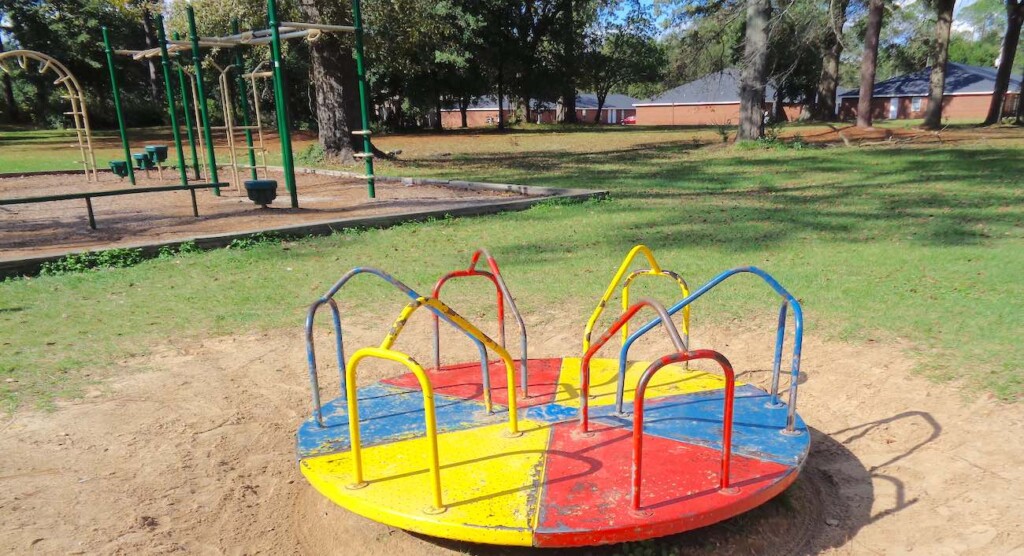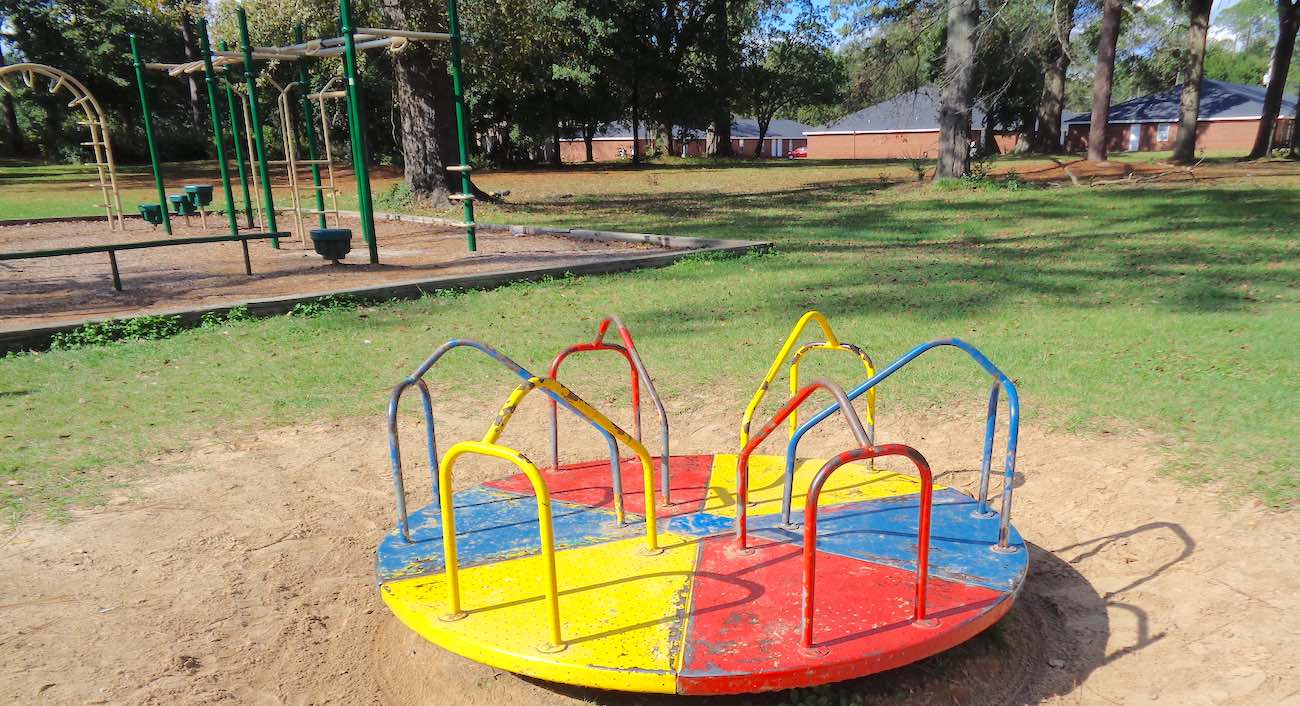
Parts of Dutch society are campaigning to bring risky playgrounds back into their cities and towns as concerns about too much time spent indoors, helicopter parenting, and childhood diabetes risk grow.
Some are merely advocating playgrounds with potentially dangerous toys, such as a merry-go-round, but others are seeking places for their children to start fires, build with hammers, and play flight with sticks.
No one wants their children to be injured of course, but the policy proposal from the D66 liberal democrats, which currently holds 7 seats in parliament, acknowledges that without spaces to explore and challenge themselves in, kids risk losing the opportunity to develop crucial skills.
“Rufty-tufty playing means that children might get a bump or a cut,” according to the policy—but it’s an acceptable risk the authors determine.
“The inspiration, and it really is a huge problem, is that children are hardly moving,” said Rob Hofland, head of the local D66 to the Guardian. “All kinds of problems stem from just sitting behind a screen.”
According to research from the Diabetes Fonds, a Dutch group trying to educate a reversal in the childhood diabetes rate in the Netherlands, which is climbing, children are on average spending twice as much time indoors today than before the pandemic lockdowns, while motor skills have declined so much that many children can no longer catch a ball.
“More and more kids are losing the ability to make social contact, to learn to deal with risks and also to be happy when the situation gets a little bit more stressful,” said Mascha van Werven from another advocacy group Jantje Beton. “If they learn to still play in those [riskier] areas, they are starting at a very young age to deal with risks, to maybe ask someone for help…”
ALSO CHECK OUT: Parents Are Preparing ‘Gen Alpha’ Kids for the Future by Prioritizing Creative Thinking
In Amsterdam, some parents and organizations are taking this principle to the extreme: in the form of Woeste Westen, or “Wild West.” In this radical play space, kids can go fishing, climb trees, build huts, start and cook with open fires, and play with real tools like hammers and knives—all in the name of helping them develop the mental-physical coordination that an adult relies upon to navigate potentially dangerous situations.
MORE PARENTING TRENDS: How Americans are Reinventing ‘The Village’ It Takes to Raise a Child: New Poll
Woeste Westen highlights how every time a parent says “watch out!” or “don’t do that!” the child loses one more instance where they may have better prepared themselves for adulthood.
Of course there will be scrapes, bruises, a scar or two, but who said a painless life is preferable?
SHARE This Great Parenting Trends Of Reclaiming Risky Play For Holland…





















Well, it’s about time some clearer heads prevailed. Kids need to be kids, so they can grow up to be well-rounded adults. I’ve hurt myself plenty as an adult; more than I ever did as a kid freely growing up in the ’50s and ’60s. How can anyone be prepared for the dangers of adulthood if they grow up as kids in a bubble? Boy Scouting taught me a lot, not least of which was handling injuries. Thank God my parents let me be free. One of my best friends back then was a bubble boy, and as an adult he suffered mightily, in myriad ways, because of it. He passed away 3 weeks ago from Parkinson’s, and I firmly believe he never would have gotten it if he wasn’t filled with such overwhelming floating anxiety over nothing in particular but everything in general, from a protected childhood where he was never allowed to push a lawnmower or even pick up a hammer or saw.
Amen. So true.